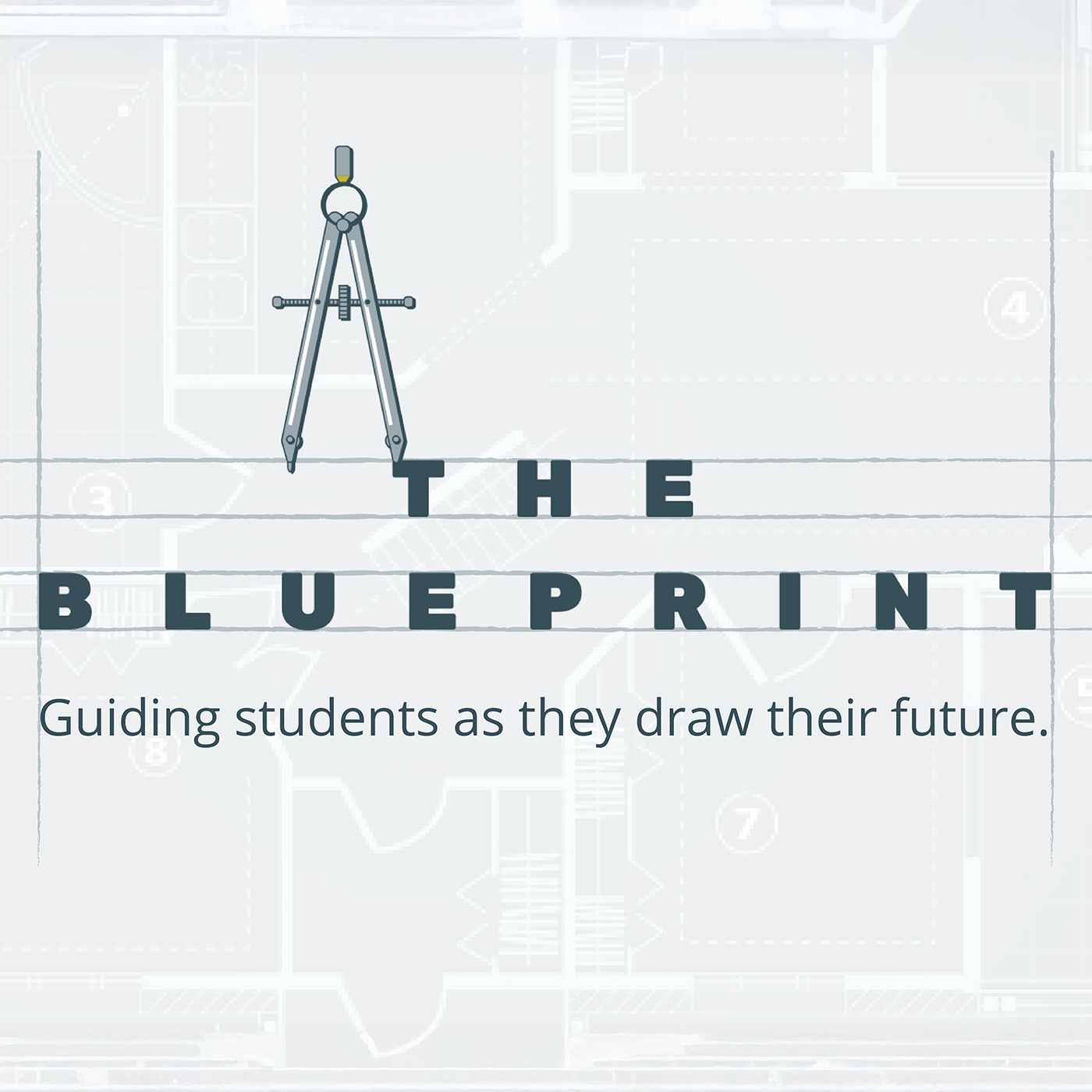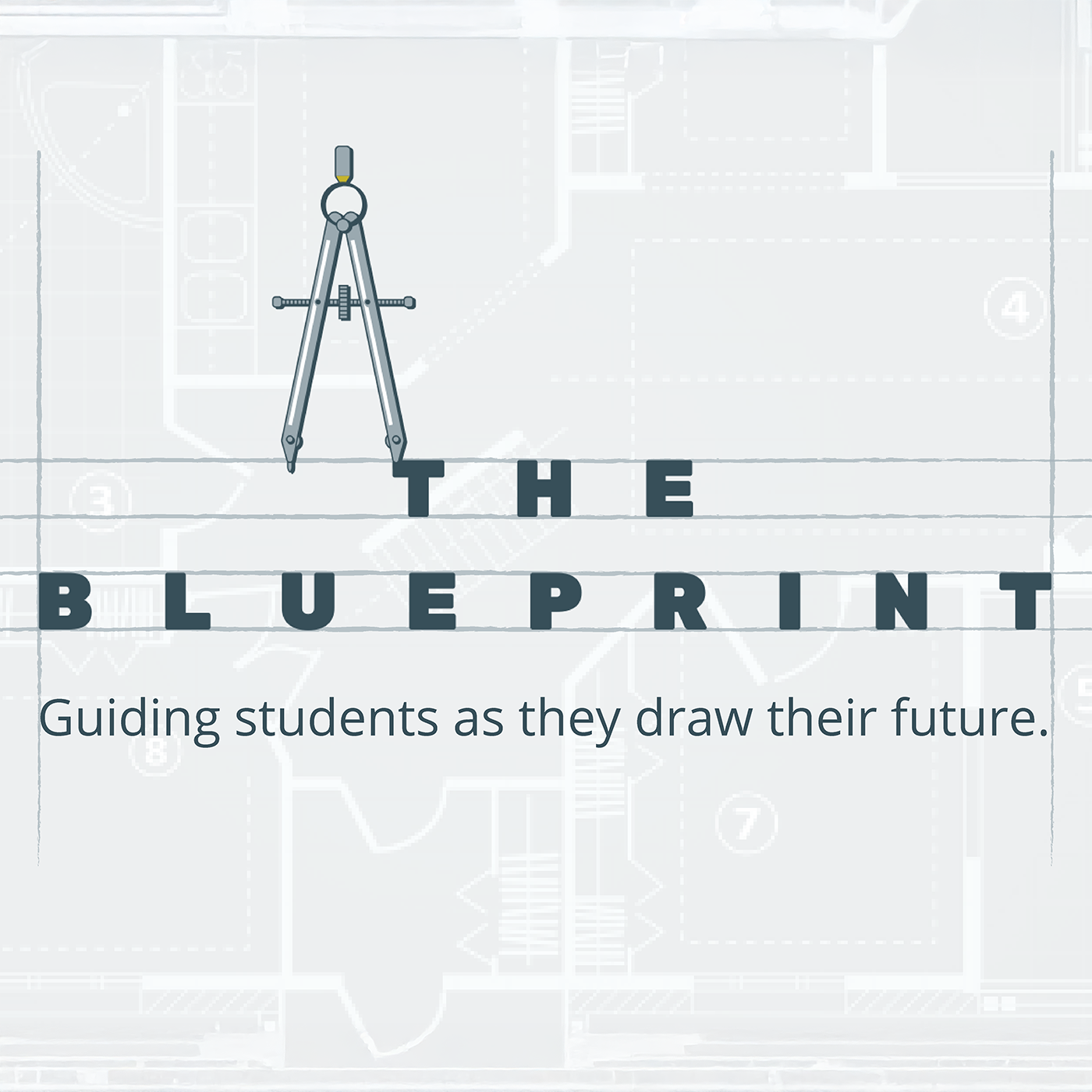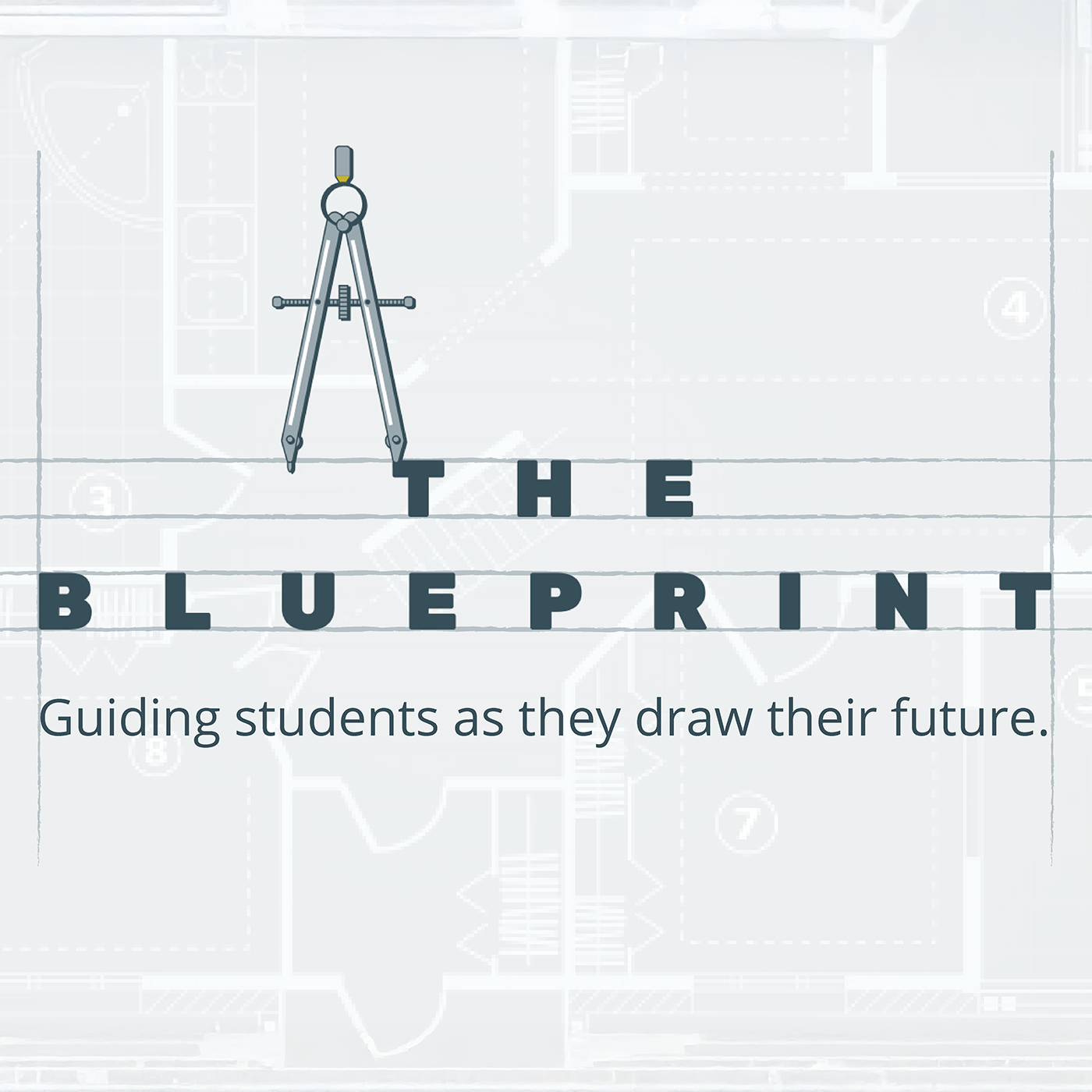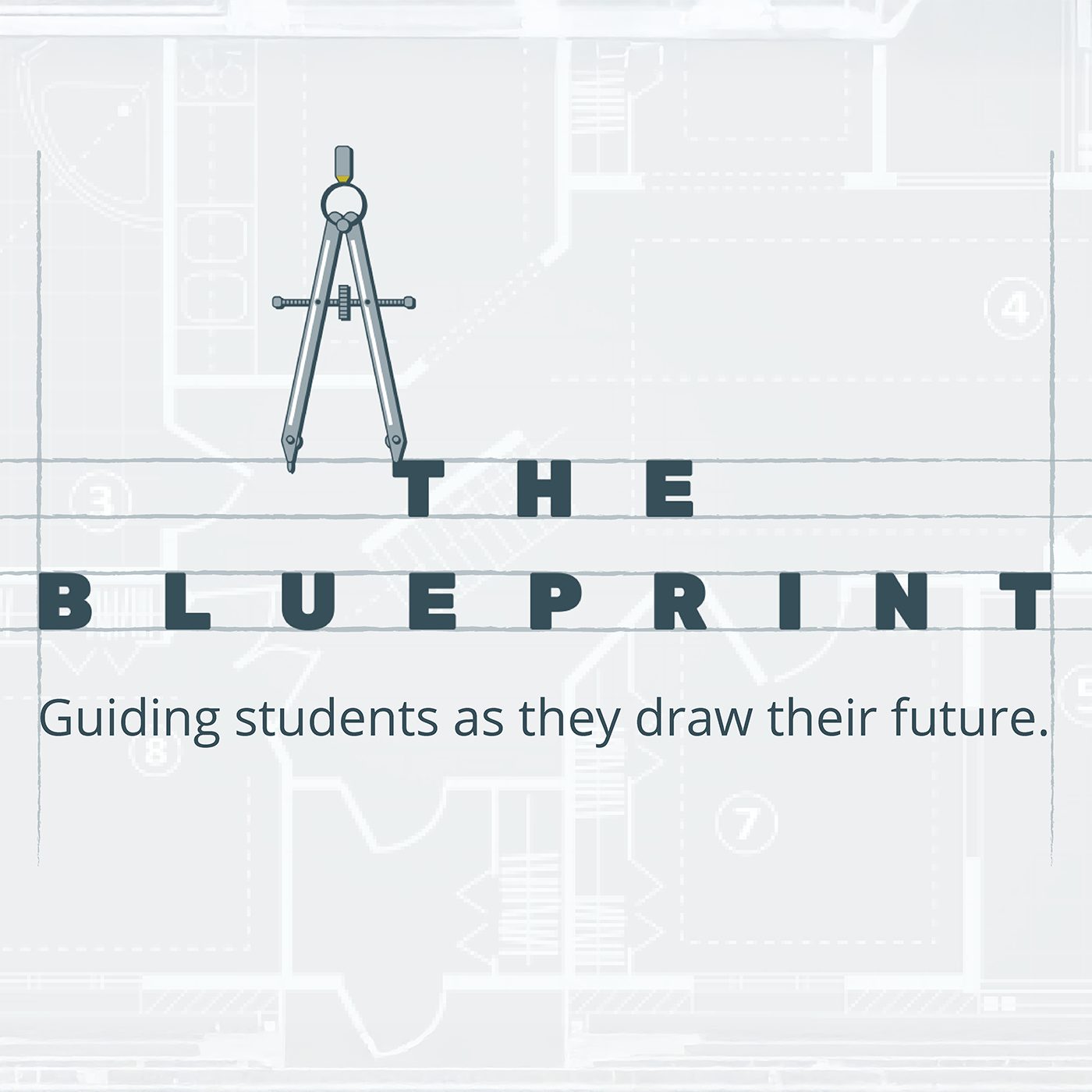Episode Transcript
[00:00:00] Speaker A: Welcome to the Blueprint, brought to you by Berlin Pathways. I'm your host, Manny Tejeda. In this forward Thinking podcast, we explore the evolving challenges and opportunities in preparing students for college and career success.
In this episode, we'll explore how demographic, economic and cultural forces are reshaping the blueprint of college and career and what it all means for the decades ahead.
[00:00:28] Speaker B: Hello, and welcome to a special edition of the Blueprint, the podcast brought to you by Brilliant Pathways. I'm Bob Seberg, the acting Chair of the Board of Trustees of Brilliant Pathways, and I'm honored and delighted to introduce our very special guest, the 17th president of Colgate University, Brian W. Casey. Welcome, President Casey, and thanks for joining us.
[00:00:52] Speaker C: Thank you, Bob, for having me.
[00:00:54] Speaker B: Well, before I begin, let me just share a brief biographical note about President Casey.
He graduated Phi Beta Kappa from the University of Notre Dame, where he was an intercollegiate swimmer, then went off to Stanford Law, where he received his Doctor of Jurisprudence, and then took a job with a major New York City firm, where he stayed for several years before realizing that his true interest and vocation was in history. And he pursued his PhD, which he finished with a dissertation on the history of higher education in America, and followed a series of increasingly important positions, from Assistant Provost at Brown to Associate Dean of Academic affairs at Harvard, then to president of DePauw University in Indiana. And he now serves in his ninth year as president at Colgate University.
So with that, thank you again, President Casey, and let's just dive in.
[00:01:51] Speaker C: Sure.
[00:01:52] Speaker B: In recent published remarks, you wrote that, and I quote, there has never been a more fluid, dangerous and unsettled time for American colleges and universities than now. Can you elaborate on that statement? Including the decreasing interest among students, high school students, in attending four year colleges, and also the fact that about 60% of Americans no longer believe that a college degree is worth the cost.
[00:02:21] Speaker C: I'm glad you mentioned that. I was a historian who studies higher education, and, you know, it seems as if about every 50 or so years the nation renegotiates its relationship with its colleges and universities. The last great negotiation, Bob, was about when you were in college in the late 60s, early 70s, you saw a shift in how people thought about education.
But right now, in addition to having the demographic pressures of declining number of students who are college age, we're seeing, as you mentioned, a questioning of just the value of this enterprise to a level that I've never seen before. And part of it, I think, is institutions in general are being questioned. I mean, people have low confidence in Congress and courts in media, but there's something in the air right now. It's a combination of the cost of attending college, what you might learn when you're there and what happens when you come out. And for some reason that particular combination is that it seems to be at a perilous point.
And I will say something about Donald Trump. He has an almost feral ability to find hot points in culture issues that have some salience. And I think he figured out that there was a deep reckoning in higher education, a questioning. And do I think Donald Trump wakes up and has a higher education philosophy? No, but he has the instincts to understand that questions were being raised and he's, he's gotten some energy about it. By the way, I thought the pandemic was, was a perilous time. It turns out that was just the warm up act. So this is a complicated time. The, the waters are eddying back and forth.
[00:04:19] Speaker B: Interesting. Where do you see it going here? You know, is there behind the perilousness, if you will, is there hope? And where's that hope going to come from?
[00:04:30] Speaker C: I don't know if there's sector wide hope.
If history teaches us anything, these moments of great challenge or great shifting often is a moment of resorting. If you look at the 1950s-60s, a type of reorganization became the era of the greatest university system at the time was the University of California something you couldn't say right now.
I think there's going to be a re sorting of places that are thought to be valuable and places that are thought to be less so.
I have never seen such a public criticism of the Ivy League institutions which are always thought to be untouchable.
And now you're seeing Ivy and Ivy adjacent institutions seeing declines in applications, public criticism, the New York Times today basically criticizing Bowdoin and what it's doing. So I think there's going to be a reshuffling and someone's going to have to come out there and say, here's an institution that allows for a type of rigorous exploration of difficult issues that prepares students for a complicated world that is nimble on its feet. In the era of AI, I think you're going to see declines and rises. And by the way, I can't predict exactly who rises and who falls, but there is a reshuffling going on right.
[00:06:06] Speaker B: Now, I gather then this is kind of a Darwinian world in which there are going to be winners and losers due to this resorting.
I wonder. Let's go back to, you know, if you help students and parents trying to calculate this ROI return on investment for four year colleges that they're questioning. Now, there are different aspects to that. But in your opinion, as a leader of a liberal arts college, for example, how much do you think they should consider or factor in aspects of a college experience, such as the ability to do research with faculty members, fieldwork opportunities, the ability to attend another college in a bridge program, the availability of exciting new multidisciplinary ventures like mind, brain and behavior, and other things like that. Do parents and students get into the weeds enough to understand and bring that into the calculation?
[00:07:07] Speaker C: Absolutely not, and I wish they did. By the way, the question of whether or not they should consider roi, they do anyway. The marketplace for college admissions tends to go roughly like this. Students look at their academic record and they make a determination, usually with the help of guidance counselors or others, about the level of difficulty they can reasonably think that they can meet to get into varying degrees of elite institutions. They think I can get in this sort of institution. They assume academic strength. They assume at a Colgate, well, you probably have a good econ department and you have a good English department. We know this from our own admissions pool. This year, the typical, the most typical number of institutions that our students are applying to when they apply to Colgate is 20. So they're applying to Colgate and 19 other schools.
So what they're doing is they're saying, I think I can, I have a good shot to get in this level of school. Then they get in, then they visit and they're searching for feel and experience.
They get a sense of alumni networks and job placement. It's pretty rough, but it's, it's not inaccurate.
So unless you're going into a specialized field like I want to go to MIT for material science or I want to go to Stanford for computer engineering, they're mostly, they're choosing among a range of, of schools they think they get into. And then they come to the campus and you talk to the students and they, they talk about feel, do I feel good here? Do the students seem like me?
So their ROI analysis is, is not what we think it is. It's what they feel their way. So I wish it was more scientific than that, but it's not.
[00:08:57] Speaker B: Well, it's, I guess it's the reality today and you have to deal with that, you know, and hope that the, the feel is right, so to speak, and the experience is a good one. During a visit, everybody's exploring to pick.
[00:09:10] Speaker C: Up on another piece of your roi. Question is, we have done A remarkably bad job in educating consumers, people applying to schools of how much it really costs to go here. We have well over half our students are getting some form of aid, so they're not paying what's been posted.
It's just not clear to most students, most students to families, what the real cost is. Now I do think this is going to happen, and you know this from your own Colgate connections, you might see a small number of elite colleges and universities that have the endowment strengths to essentially hyper subsidize the cost of this expensive form of education. So as we just announced, we're basically taking away federal loans from most students. If you come from a family that earns $175,000 or less, you don't pay tuition to go here. We have the wherewithal to do that.
So do about 30 or 40 schools. We might move to a place where you see the hyper subsidized full experience and then you might see other things. So it's a very complex ROI world.
[00:10:27] Speaker B: We live in and clearly that must have some relationship, an important one to your, distinguishing between those who will become more valuable and those that will become less valuable.
And obviously the power is where the power rests, which is in the size of endowments.
[00:10:46] Speaker C: Absolutely. Right now there's roughly 30 institutions, 30 to 40, that have about half a million dollars of endowment per student.
That roughly allows you to subsidize half of the incoming classes that are typically admitted.
That's a small handful. I mean, we always think, oh, it's Harvard, it's Stanford, you know, there's 4,000 schools, but there's going to be about 40, maybe 50 that are going to have this hyper subsidization of what's a very expensive form of education.
[00:11:19] Speaker B: This is an important area and it bears on the whole topic of just advancing economic inequality in the United States. And so given the increasing income inequality and the widening gap in test scores between students from affluent backgrounds and those from less economically advantaged backgrounds, it's becoming harder than ever for first generation low income students to matriculate and graduate from four year colleges.
So I think a part of the answer you're going to give me is one you've already stated, is that institutions such as Colgate have the wherewithal to be able to admit students whose parents or families make less than certain amounts at a very advantaged price for them. And the obligation of everybody, educators, counselors, parents and the schools is to let them know that that exists. But what else can colleges and universities do to provide more Balanced educational opportunities for these students, both pre admission, dealing with the potential cost and also after admissions.
[00:12:29] Speaker C: I would love to see some sort of movement in higher education where everyone agrees to move away from early decision right now with, you know, with students applying to 20 schools and students looking all over the place and with such chaos in the market, Colgate, like all these other schools, will admit about half of their class early decision.
Because you lock in half your class, you can, you can be assured of a certain level of tuition revenue. You are fighting for fewer slots to be filled after.
So it seems like surely it's innocent. It's actually not that innocent because it's the wealthy students who figured out that early decision is a better way to kind of lock up where they want to go. So we're playing this game of trying to secure ourselves in difficult market in ways that favor the wealthy. So we're doing that at the same time where subsidizing, you know, half the class through financial aid. But Colgate can't move alone. If Colgate said we will not have early decision, we would have a, we would have a hard time in the admissions market. So I can't move alone. It would be nice to see these 40 to 50 leading institutions together say we're not going to do early decision because that favors a certain segment of the population. Will that happen?
I doubt it.
[00:14:04] Speaker B: Well, it sounds like that's an issue of leadership. Right. It's not just one institution, but it's leaders from this very important group banding together to say we can only do this together.
And yet it's absolutely critical that we do it to help balance the scales.
[00:14:21] Speaker C: Right. So a couple of years ago, Harvard, Princeton, MIT and uva all said we're moving away from early decision. And I think they thought, I thought this is it, this is the moment. There's going to be a groundswell. No one followed them. And very quietly within two or three years they all went back. Everyone.
You know, this is complicated.
Yes.
[00:14:43] Speaker B: Well, I know also on the same subject of these first generation low income students, I know universities such as Colgate have very special programs in place to help support them. And as a former first generation student myself at a time when those things didn't exist, I know how critically important that is that they find a, a specific support mechanism. And yet it's not done in a way that separates them.
[00:15:16] Speaker C: Right. That is so hard to do where you try to say, okay, you're coming without the cultural knowledge that children of college graduate have. You know, like this is how you register for courses. This is what a dorm is like.
This is how you meet professors in office hours. So you want to support them, but you're right, you don't want to do it in a way that, that makes them seem remedial or other very hard to do. Very, very hard to do. I also sometimes those moments where you celebrate first gen students in a very public way that might actually be deleterious, you know, like just say you're here, go.
[00:15:52] Speaker B: Yeah, it is, it is threading the needle. It's, it's a very, very difficult preposition.
You know, it's. As time moves on in our taping today, I have to also bring in the subject of artificial intelligence.
It's such a huge one.
Every student, whatever year they're in currently, whether it's the last years of high school or every year in college, wondering what does it mean for their future. And we're already seeing jobs being eradicated, changed. And clearly digital skills are essential in the world we inhabit. It's just a kind of paradox here. I wanted to talk about. If you think about the half life of digital skills, which means the time it takes for half of the usefulness of the skills to disappear, it was 10 years, it's down to four. And the consensus is it's going to drop further, right? So they're disappearing. On the other hand, a wide array of management and experts and leaders have put a clear and substantial premium on sort of soft skills, the social skills keep communication, empathy, relationship building, collaboration, critical thinking and problem solving. There's so many ways to attack artificial intelligence that we can talk about. How do professors and administrators balance the good of artificial intelligence and try to downplay the negativity. But I want to really talk about this in terms of your forte in a liberal arts college, and that is that the press often disparages the liberal arts, right? They have no career relevance.
How would you assess in your position over this, the importance of the liberal arts in building and enhancing those very skills that are needed more than ever in an AI world?
[00:17:42] Speaker C: Well, let's just go to this form of education first.
So what has gone on for centuries now is an expert comes into the room, conveys knowledge to a gathered group of students. The students then demonstrate their mastery over the knowledge by producing essays or repeating back the information.
Both those parts of that exchange now seem to be readily replicable or produced by AI. You can produce knowledge.
Now let's question that for a second. But you can produce information and you can seemingly demonstrate your mastery of it.
Both Those parts of that equation now seem to be able to be done almost instantaneously. So the first thing is what happens in the classroom is going to have to change the go, go away and write an essay and don't do AI is essentially impossible. Because right now, by the way, I understand that Microsoft, all their Word perfect, all their software is going to have AI incorporated. So the idea that you can do the normal or the historical things you do in an academic setting will be untouched by AI is now impossible. But what happens in a liberal arts college classroom, which is a teacher, a professor working directly with, in a very personal human way with a small number of students, engage them in difficult matters, have them master complex subjects with empathy, humanity, grace and intelligence. I think that will be valuable. I wonder what it means now at a large university where the conveying of information happens in lecture halls of a thousand students.
Like I think that is at more at risk than come into my seminar room where we're going to debate these policy topics person to person. So I think the liberal arts form, the college form will be stronger. I can only echo what you're saying about the skills of observation, intelligence, empathy, I think are only become more valuable, you know, like, like I have played with AI. I mean you can't not. And I said to it write a welcoming speech for the colgate class of 2028. Here are three or four cultural touch points of the institution. Say something and it produced something very quickly. And I said needs to be about eight minutes long. It produced something, but it was unbelievably hollow. It had zero humanity to it. So I think these settings which are more human, more curated, more more specific will do fine. But we have to figure it out.
[00:20:35] Speaker B: Yeah, it's interesting that how you talk about the change in the classroom sort of brings to mind the old Oxford Cambridge model of the tutor with the students, smaller rooms and we may be doing that resorting in the future.
[00:20:48] Speaker C: Well, there are several of our philosophy courses, courses right now have switched to oral exams.
[00:20:56] Speaker B: Interesting. Well, we could make this an ongoing series, but before we run out of time, I want again thank you for taking the time and I want to end with a very special thank you. As a Colgate alumnus myself, I want to commend you publicly for the vision and the leadership that you have shown in truly helping transform Colgate University into one of the finest liberal arts universities in the world today. And you have done that with a mix of agility, perseverance and empathy that I believe is non paral in the educational world. And with that said, a big thank you to you both for being on this COD podcast and for the work you do every day.
[00:21:42] Speaker C: I appreciate that, Rob. Thank you.
[00:21:44] Speaker B: Thank you very much, Brian. Thank you.
[00:21:46] Speaker C: It.
[00:21:46] Speaker B: Bye, all. Bye. Bye.
[00:21:48] Speaker A: Support for this podcast comes from Brilliant Pathways, an organization that had spent over 30 years helping students make opportunities happen.
Connect with us wherever you get your podcast. And thank you for joining us on the Blueprint. I'm Manny Tejeda, your host, and I'll see you next time.



